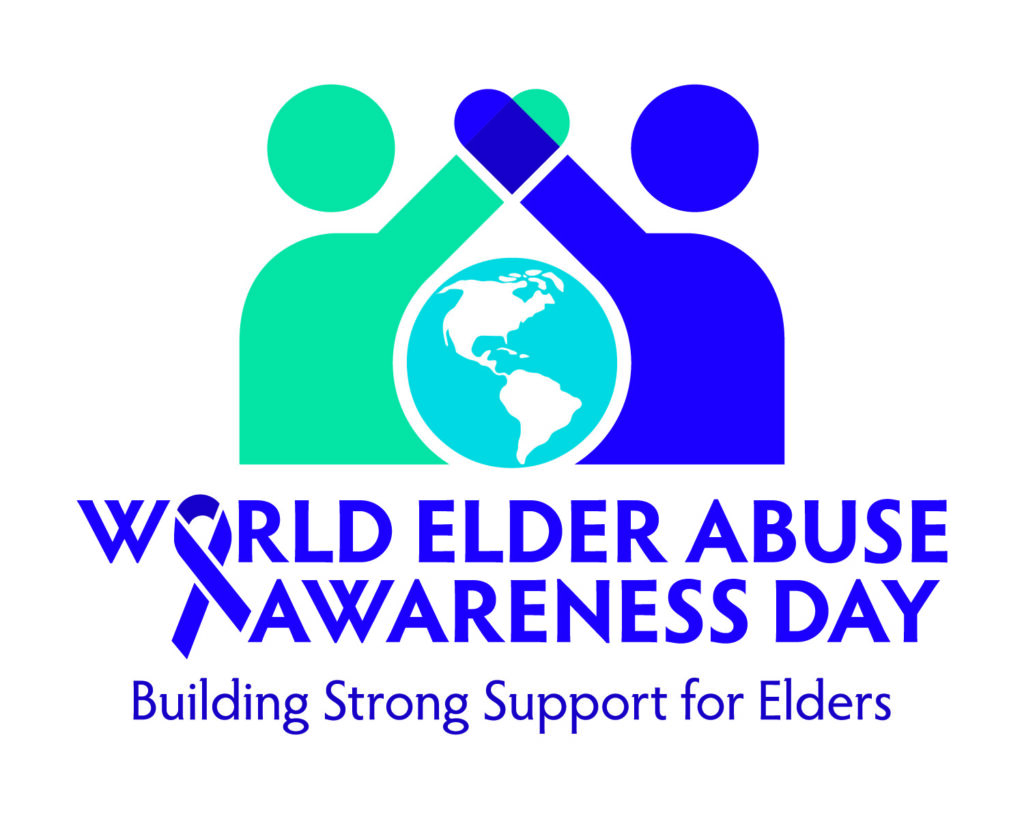June 15 is World Elder Abuse Awareness Day
- June 14, 2024

June 15 is World Elder Abuse Awareness Day, a day devoted to bringing awareness to this issue facing older adults.
Elder abuse is a silent problem that robs seniors of their dignity, security or worse, according to the Maryland Department of Aging website. It can occur anywhere – in the victim’s home, a family member’s home, a nursing home, an assisted living facility, or in other institutions.
An estimated 1 in 10 people aged 60 or older are the victims of elder abuse. Unfortunately, only a fraction of cases are reported. This may be due to shame, fear of retaliation, cognitive challenges, and lack of trust and resources, the NCOA says.
Isolation and cognitive impairment, such as dementia of Alzheimer’s disease, can make older adults more vulnerable to abuse.
Financial exploitation is one of the fastest growing forms of elder abuse. Up to 5 million older adults are abused every year, the annual loss by victims of financial abuse is estimated to be at least $36.5 billion, the NCOA says.
Education is key to detecting, reporting and preventing elder abuse.
Forms of elder abuse include:
- Physical
- Emotional/psychological
- Financial exploitation
- Sexual
- Neglect
- Self-neglect
- Abandonment
- Signs of abuse
The most common warning signs of elder abuse are strange and sudden changes to an older adult’s mental, physical, or financial well-being. Specific signs of elder abuse and neglect vary depending on what type of elder abuse is affecting the victim. If you notice that an older adult exhibits warning signs of abuse, take immediate action.
Here are some signs of elder abuse and neglect that everyone should know, from the Maryland Department of Aging website.
Emotional and behavioral signs
- Increased fear or anxiety
- Isolation from friends and family
- Unusual changes in behavior or sleep
- Withdrawal from normal activities
Physical signs
- Dehydration or unusual weight loss
- Unattended medical needs
- Unexplained injuries, bruises, cuts, or sores
- Unsanitary living conditions, poor hygiene, or torn or bloody underclothing
Financial Signs
- Fraudulent signatures on financial documents
- Unusual or sudden changes in spending patterns, will, or other financial documents
- Unpaid bills
Who is at risk of abuse?
All older adults may be victims of elder abuse. Regardless of whether they are rich or poor, highly educated or undereducated, or suffering from dementia or “sharp as a tack,” seniors of all races, cultures, and creeds are victimized, according to information on the MDOA website. And it can occur anywhere – in the victim’s home, a family member’s home, a nursing home, an assisted living facility, or in other institutions.
What can you do to keep Maryland’s older adults safe from abuse?
In addition to reporting suspected abuse, you can educate yourself and others about learning how the signs of elder abuse differ from the normal aging process. Check-in regularly on seniors who may have few friends or family members. Provide caregivers with emotional support, and when possible, consult with others such as paid caregivers, and guardians for healthcare and financial matters.
How to report suspected abuse:
In the case of suspected abuse in a nursing home, call the MAC Ombudsman Program at MAC Inc., at 410-742-0505, ext. 104. For more information on elder abuse and the Ombudsman program, visit https://macinc.org/resources-support/ombudsman/
If the senior is living in the community or an assisted living facility, contact your local law enforcement agency and Adult Protective Services in the senior’s county of residence.
For more information on preventing abuse, visit preventing-elder-abuse-and-neglect (maryland.gov)
Anyone can report suspected abuse and callers may remain anonymous.

